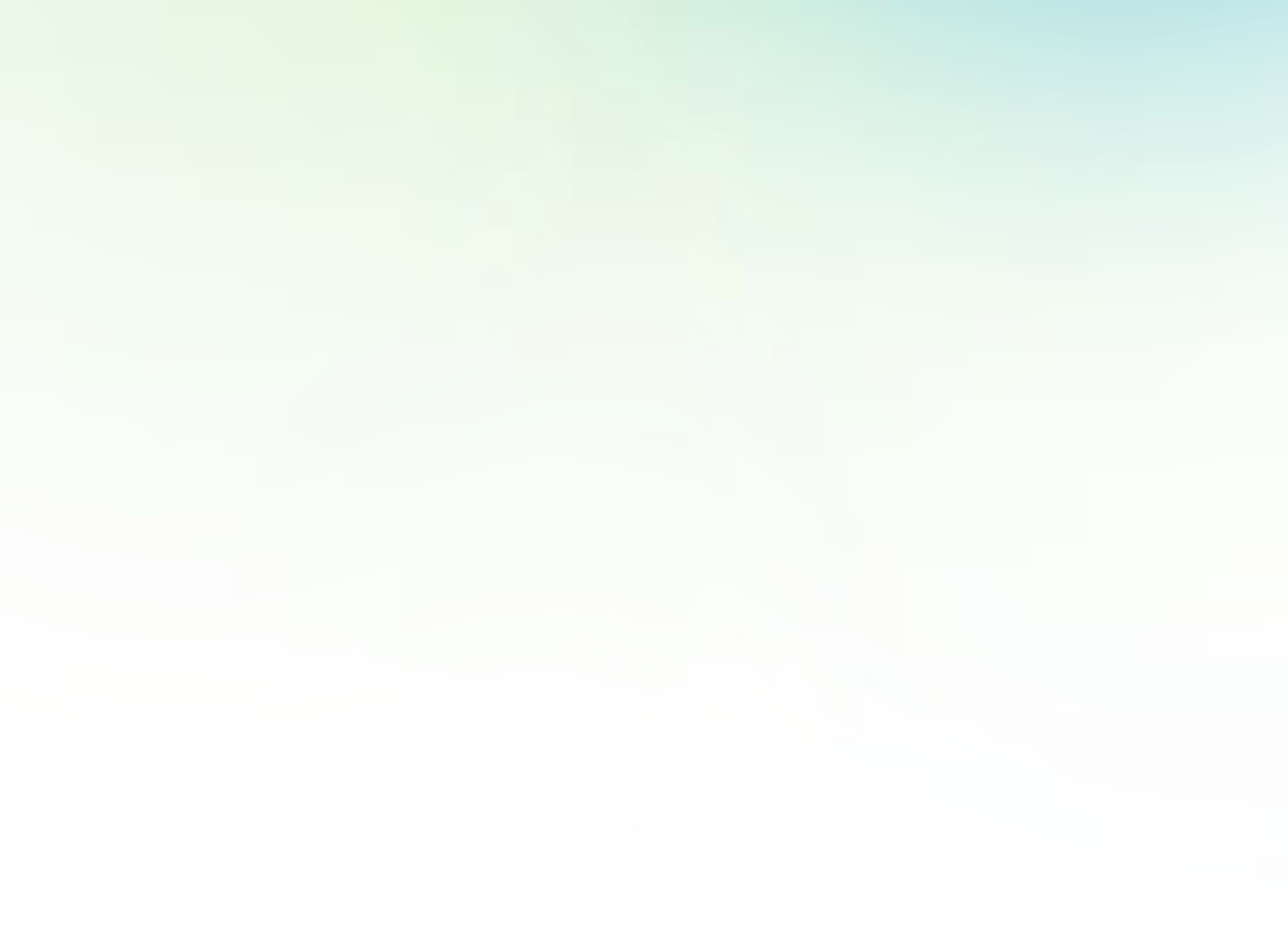Soft and hard skills in HR
HR
June 27, 2022
Soft skills

Soft skills are universal personal qualities and skills. Unlike technical or hard skills, these skills are not the knowledge you possess but the behavior you demonstrate in various situations.
Soft skills include any skills that can be classified as personal traits or habits. In my profound conviction, these are, first of all, interpersonal and communication skills. I would call these skills cross-functional, which are required in the modern world, regardless of what profession you belong to.
Strictly speaking, the development of soft skills is not something ultra-modern. Attention was always paid to their development within the framework of classical education. But today, in the era of rapidly developing technologies and new areas of business and production, they are in demand more than ever.
Soft skills are aimed at what will remain stable and in demand in the realities of a quickly changing situation, like cognitive flexibility, the ability to accept the complex structure of the world, find relationships between different industries, and adapt to changing conditions.
My list of some of the most in-demand soft skills in HR looks like this:
- Honesty;
- Reliability;
- Flexibility;
- Adaptability;
- Sociability;
- Progressive thinking;
- Openness to new experiences;
- Desire to improve and acquire new knowledge;
- Creativity;
- Effective problem solving;
- Work ethics;
- Good teamwork;
- Good ability to negotiate;
- Good ability to resolve conflicts.
Hard skills

Hard skills are skills needed only in one particular profession. Examples of such skills are driving a car, typing on the computer, using computer programs, reading, writing, and so on. Learning these skills requires gaining knowledge and getting instructions.
Unlike vague soft skills, hard skills are specific knowledge, professional skills, and competencies that any good specialist in a particular job has to possess.
They are what we learn at universities, colleges, and courses. They can be found in job vacancy descriptions, and their level can be determined with an exam or test.
Hard skills are always formed only in the learning process, are based on technical knowledge, and are required to perform specific tasks. I would say they are always in a “tight frame”.
As for the hard skills for the HR department, I would single out these:
- Digital skills;
- Analytics skills;
- Assessment skills;
- Project management skills;
- Related competencies.
The difference between soft and hard skills

I will try to figure out the difference between soft and hard skills as I see it:
- To master hard skills, you need a certain level of IQ. But to develop soft skills, you need a certain level of EQ.
- The requirements for hard skills are always the same and specific. However, the conditions for soft skills are changeable and situational.
- You can master hard skills in an educational institution. For them, one might say, there are clear instructions. But there are no step-by-step instructions for learning soft skills. A person either possesses them from birth or acquires them with experience.
- There are diplomas and certificates to confirm the availability of hard skills. Nevertheless, soft skills are not certified, and it is much more difficult to confirm their availability.
Which skills are more important?

In my opinion, it depends to some extent on the job. For instance, if you are a great nuclear physicist, I am ready to admit that your hard skills are more critical than your soft skills. And you may be forgiven for being a bad team player and not being able to compromise. Just work on your own in your office and benefit humanity.
If you are, for example, a psychologist or a customs officer, you must have equally good hard and soft skills. On the one hand, you must operate with your professional skills to do your work well. On the other hand, dealing directly with people requires excellent communication and collaboration skills to succeed.
Finally, if you are a recruiter, I am convinced, you must possess excellent soft skills first of all.
It is not that complicated to evaluate the candidate’s hard skills. We have already spoken it over: there are tests and questionnaires for this. At last, you can examine the candidate’s CV.
But you can make the right decision regarding this or that candidate only by evaluating their hard skills in conjunction with their soft skills. And to do this correctly, your soft skills must be at a significantly higher level than that of the candidate.
Today it is not enough to find the perfect employee in terms of their professional knowledge and skills. You still need to be able to identify whether they can work in a team. The era of singles is gradually fading into oblivion.
Instead of totals

I think it is worth recognizing that soft skills are the competencies not only of the present but of the future. Even out of two equally talented nuclear physicists, the one who is more communicative, flexible, and socialized, in a word, has more developed soft skills, will ultimately be more successful.
These are the exact words I would readily repeat for recruiters. The recruiters in my company are successful: I pay enough attention to their soft skills, not just the hard ones. Although a highly-qualified specialist in any area should, I think, operate with equally impressive sets of both hard and soft skills.




